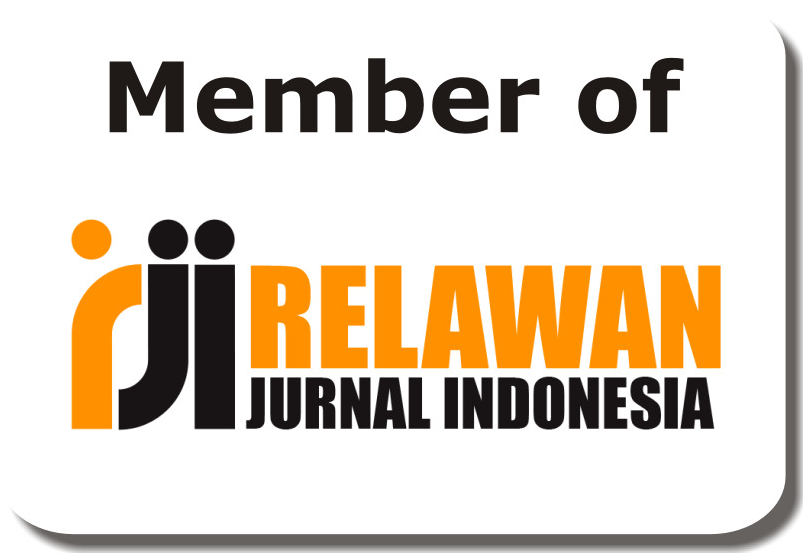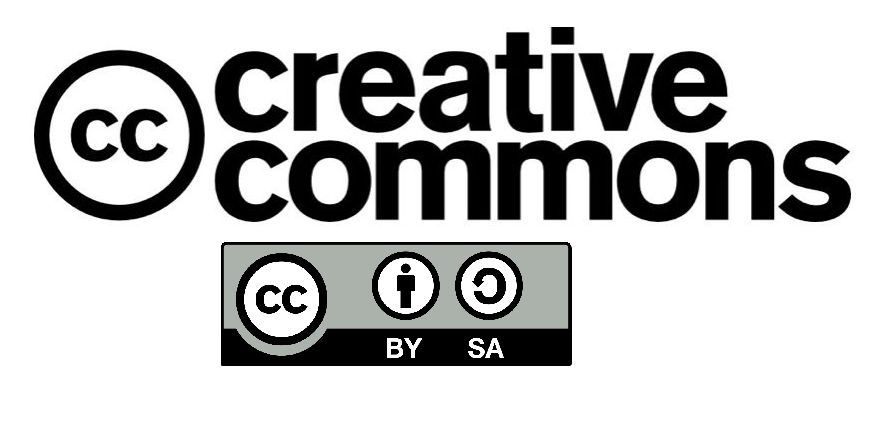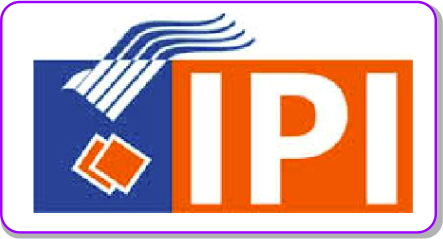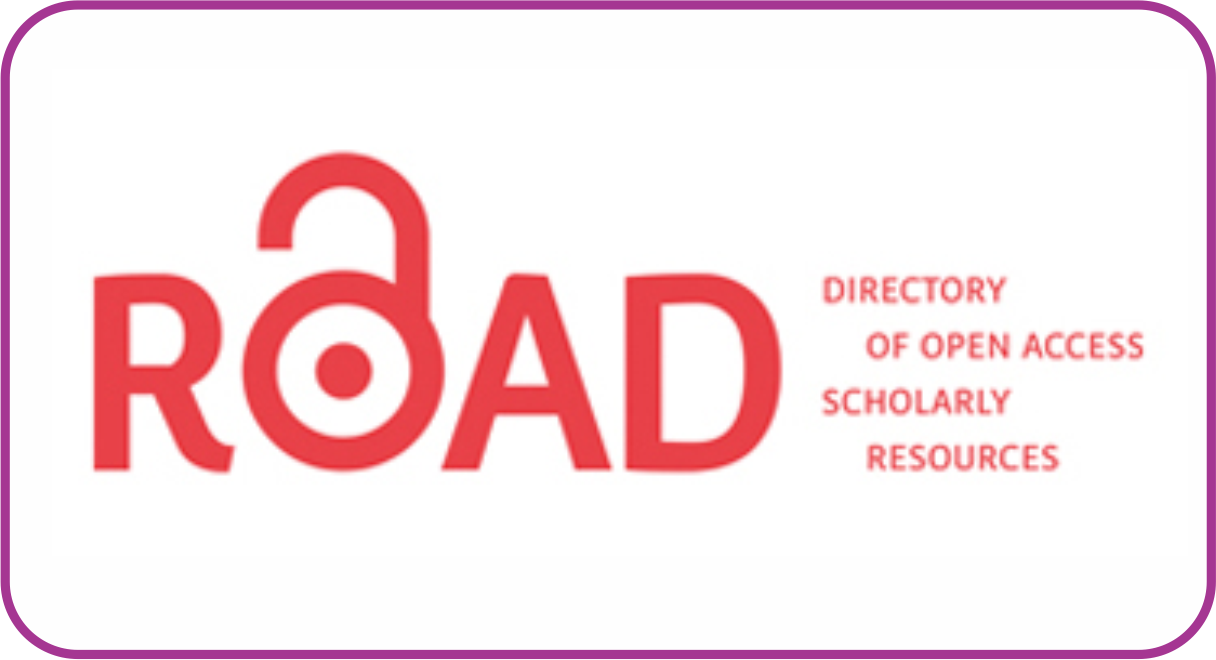The Role of Islamic Education in Raising Legal Awareness About Online Gambling in Jambi Province
DOI:
https://doi.org/10.30983/educative.v9i1.8462Abstract
This study examines the role of Islamic educational institutions in Jambi Province in raising legal awareness about online gambling. The research aims to explore how Islamic education can enhance legal awareness regarding online gambling, considering its negative impacts such as financial losses, addiction, increased crime, and mental health issues. A qualitative case study approach was employed, with data collected through in-depth interviews with 6 Islamic education teachers, document analysis of curriculum materials, educational policies, lesson plans, and observations of 3 participants. The findings reveal that Islamic educational institutions in Jambi Province play a pivotal role in addressing online gambling among students through various effective methods. By integrating Islamic moral values into the curriculum, utilizing technology, and employing religious lectures and case-based learning, these institutions have successfully raised students' awareness about the effects of online gambling. Despite challenges such as initial student unawareness and curriculum constraints, collaboration among schools, pesantren, and religious communities presents opportunities to enhance these educational efforts. The use of social media and community outreach is also crucial in expanding awareness and mitigating the negative impacts of online gambling. In conclusion, this study highlights the significant role of Islamic education in safeguarding society from online gambling and advocates for the continued development of comprehensive educational programs to address this issue.
Studi ini mengkaji peran lembaga pendidikan Islam di Provinsi Jambi dalam meningkatkan kesadaran hukum terhadap judi online. Penelitian ini bertujuan mengeksplorasi bagaimana pendidikan Islam dapat meningkatkan kesadaran hukum mengenai judi online, yang berdampak negatif seperti kerugian finansial, kecanduan, peningkatan kejahatan, dan gangguan kesehatan mental. Metode yang digunakan adalah pendekatan studi kasus kualitatif, dengan mengumpulkan data melalui wawancara mendalam dengan 6 pengajar agama Islam, analisis dokumen terhadap materi kurikulum, kebijakan pendidikan, rencana pelajaran, dan observasi terhadap 3 partisipan. Hasil penelitian menunjukkan bahwa lembaga pendidikan Islam di Provinsi Jambi memainkan peran kunci dalam menangani judi online melalui berbagai metode efektif. Integrasi nilai-nilai moral Islam ke dalam kurikulum, pemanfaatan teknologi, serta penggunaan ceramah agama dan pembelajaran berbasis kasus berhasil meningkatkan kesadaran siswa tentang dampak judi online. Meskipun terdapat tantangan seperti kurangnya kesadaran awal dan batasan kurikulum, kolaborasi antara sekolah, pesantren, dan komunitas religius menawarkan peluang untuk meningkatkan inisiatif ini. Penggunaan media sosial dan penyuluhan komunitas juga menjadi faktor penting dalam memperluas kesadaran dan mengatasi dampak negatif judi online. Kesimpulannya, penelitian ini menekankan pentingnya pendidikan Islam dalam melindungi masyarakat dari judi online dan mendorong pengembangan program pendidikan yang lebih komprehensif untuk mengatasi masalah tersebut.
References
Books
Banks, James. Gambling, Crime and Society. (United Kingdom: Springer, 2017.
Spradley, James P. Participant Observation. Waveland Press, 2016.
Journal
Albanese, Jay S. "Illegal Gambling Businesses & Organized Crime: An Analysis of Federal Convictions." Trends in Organized Crime 21 (2018).
Ardiansyah, Arief, Thoriq Al Anshori, Zukhkriyan Zakaria, and Bagus Cahyanto. "Principles of online learning assessment: A literature review between Western education theory and Islamic education theory." Jurnal Pendidikan Agama Islam 19, no. 1 (2022): 13-28.
Berkowitz, Marvin W., Thomas Lickona, Tamra Nast, Esther Schaeffer, and Karen Bohlin. "The Eleven Principles of Effective Character Education: A Brief History." Journal of Character Education 16, no. 2 (2020).
Budiman, Ramdani, et al. "The Impact of Online Gambling Among Indonesian Teens and Technology." IAIC Transactions on Sustainable Digital Innovation (ITSDI) 3.2 (2022).
Devi, KOIJAM SOBITA. "Constructivist approach to learning based on the concepts of Jean Piaget and lev Vygotsky." the NCERT and no matter may be reproduced in any form without the prior permission of the NCERT 44, no. 4 (2019): 5-19.
Drosatos, George, Fotis Nalbadis, Emily Arden-Close, Victoria Baines, Elvira Bolat, V. Vuillier, Theodoros Kostoulas et al. "Enabling responsible online gambling by real-time persuasive technologies." Complex Systems Informatics and Modeling Quarterly 17 (2018).
Gammelgaard, Britta. "The Qualitative Case Study." The International Journal of Logistics Management 28.4 (2017).
Intan, Seviana Ratna. "Legal Responsibility for the Perpetrators of Online Gambling Crimes in Indonesia." Proceedings Series on Social Sciences & Humanities 14 (2023).
Kirtiklis, Kęstas. "Manuel Castells’ theory of information society as media theory." Lingua Posnaniensis 59, no. 1 (2017): 65-77.
Kolb, David A., Richard E. Boyatzis, and Charalampos Mainemelis. "Experiential learning theory: Previous research and new directions." In Perspectives on thinking, learning, and cognitive styles, pp. 227-247. Routledge, 2014.
Langham, Erika, Hannah Thorne, Matthew Browne, Phillip Donaldson, Judy Rose, and Matthew Rockloff. "Understanding gambling related harm: A proposed definition, conceptual framework, and taxonomy of harms." BMC public health 16 (2015).
Latvala, Tiina, Tomi Lintonen, and Anne Konu. "Public health effects of gambling–debate on a conceptual model." BMC public health 19 (2019).
Mayer, Richard E. "Incorporating motivation into multimedia learning." Learning and instruction 29 (2014): 171-173.
McMullan, John, and Aunshul Rege. "Cyberextortion at online gambling sites: criminal organization and legal challenges." In Computer Crime, pp. 111-128. Routledge, 2017.
Mukhalalati, Banan, Sara Elshami, Myriam Eljaam, Farhat Naz Hussain, and Abdel Hakim Bishawi. "Applications of social theories of learning in health professions education programs: a scoping review." Frontiers in medicine 9 (2022): 912751.
Nelson, Patty K. "Piano Curriculum: What Order Do Teachers Introduce Concepts, What Method Books Teachers Are Using And How Do The Method Books Align With Jerome Bruner's Enactive, Iconic And Symbolic Learning Theory." MTNA e-Journal 6, no. 4 (2015): 13.
Pallesen, Ståle, Rune Aune Mentzoni, Arne Magnus Morken, Jonny Engebø, Puneet Kaur, and Eilin Kristine Erevik. "Changes over time and predictors of online gambling in three Norwegian population studies 2013–2019." Frontiers in Psychiatry 12 (2021).
Parke, Adrian, Mark Griffiths, Julie Pattinson, and David Keatley. "Age-related physical and psychological vulnerability as pathways to problem gambling in older adults." Journal of Behavioral Addictions 7, no. 1 (2018).
Rumjaun, Anwar, and Fawzia Narod. "Social learning theory—albert bandura." Science education in theory and practice: An introductory guide to learning theory (2020): 85-99.
Siricharoen, Nattanun. "Cultivating Critical Minds: Interdisciplinary Strategies for Empowering University Students Against Online Gambling Propaganda." Community and Social Development Journal 25, no. 2 (2024).
Solihah, Mar’atus, Syafruddin Syam, and Hafsah Hafsah. "The Punishments for Online Gambling According to Islamic Mass Ulama." Law Development Journal 5.4:
Sukino, and Septiasari Putri Utami. "Islamic Religious Education Models in Preventing Negative Behaviors of Youth and Adolescents." Tarbawi: Jurnal Keilmuan Manajemen Pendidikan 6, no. 02 (2020).
Tada, Mitsuhiro. "Time as sociology’s basic concept: A perspective from Alfred Schutz’s phenomenological sociology and Niklas Luhmann’s social systems theory." Time & Society 28, no. 3 (2019): 995-1012.
Tania, Dinda, and Puji Rahayu. "The Problem of Online Game Addiction In Elementary School Students Which Hinders Children's Psychological Development and Handling Strategies." International Journal of Students Education (2023).
Throuvala, Melina A., Mark D. Griffiths, Mike Rennoldson, and Daria J. Kuss. "School-based prevention for adolescent internet addiction: Prevention is the key. A systematic literature review." Current neuropharmacology 17, no. 6 (2019).
Williams, Morgan K. "John Dewey in the 21st century." Journal of Inquiry and Action in Education 9, no. 1 (2017): 7.
Interviews and Observations
Ansori, an Islamic boarding school teacher in Merangin, June 12 2024
Fatimah, Interview, a teacher in Kota Jambi, Juni, 17 2024
Irwan, an Islamic boarding school teacher in Merangin, June 12 2024
Iwandri, an Islamic religious counselor in Tanjung Jabung Barat, June 22 2024
Observation, June 12 2024
Observation, June 15 2024
Salman, head of Islamic boarding school in Jambi, June 18 2024
Titin, Interview, a teacher in Kota Jambi, Juni, 10 2024
Downloads
Submitted
Accepted
Published
Issue
Section
License
Copyright (c) 2024 Musa, Muhamad Taridi, Abdul Kholil, Fitrah Wahyudi, Heri Kiswanto

This work is licensed under a Creative Commons Attribution-ShareAlike 4.0 International License.
Authors who publish with this journal agree to the following terms:
1. Authors retain copyright and grant the journal right of first publication with the work simultaneously licensed under a Creative Commons Attribution License that allows others to share the work with an acknowledgment of the work's authorship and initial publication in this journal.
2. Authors are able to enter into separate, additional contractual arrangements for the non-exclusive distribution of the journal's published version of the work (e.g., post it to an institutional repository or publish it in a book), with an acknowledgment of its initial publication in this journal.
3. Authors are permitted and encouraged to post their work online (e.g., in institutional repositories or on their website) prior to and during the submission process, as it can lead to productive exchanges, as well as earlier and greater citation of published work (See The Effect of Open Access).

















 Â
 







